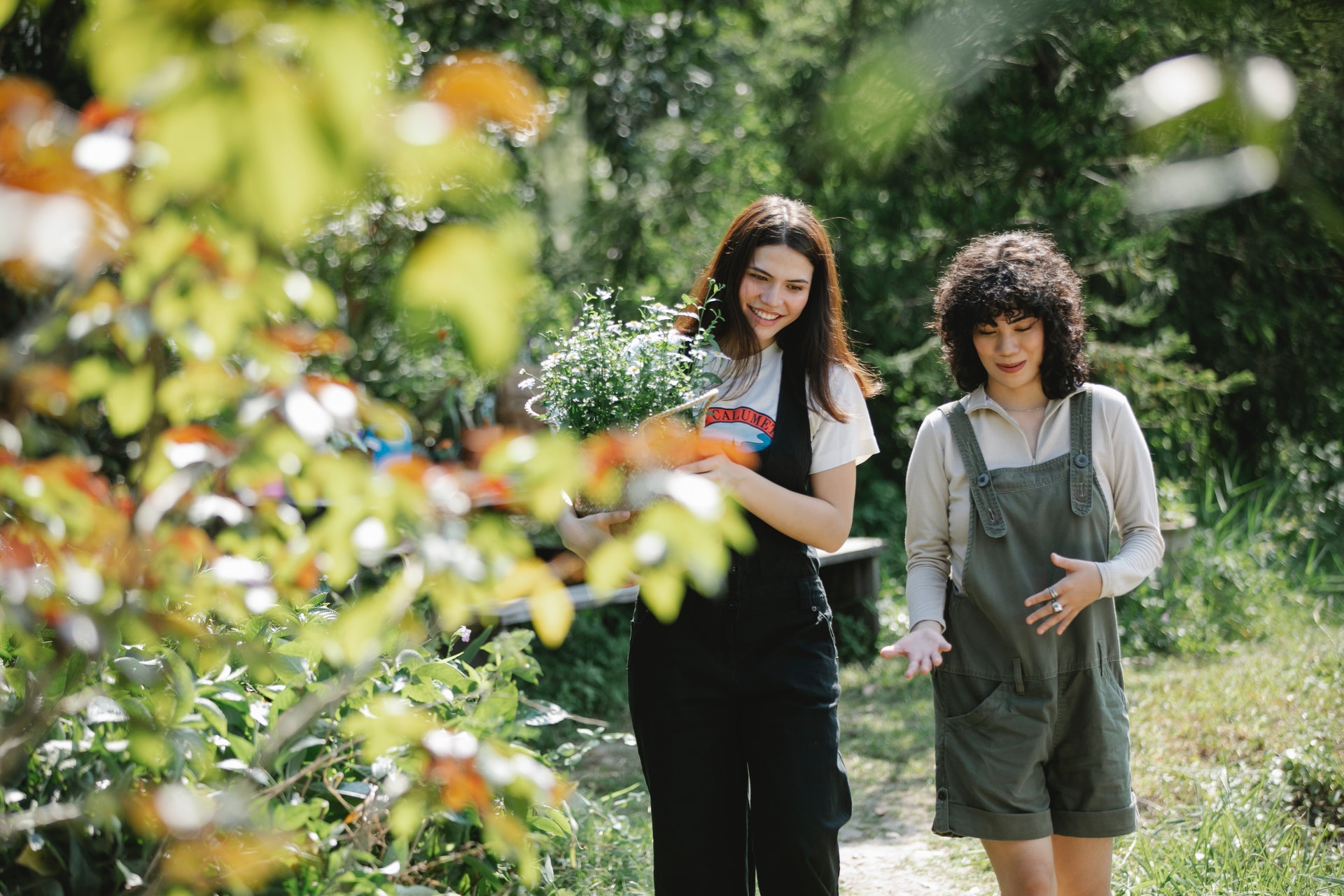Just as many businesses are making the switch to sustainable resourcing and methodologies, so too are people making eco-friendly updates for their homes. Whether it’s using more environmentally friendly products or incorporating organic foods into their diets, it’s important to live an eco-friendly lifestyle. However, one area that is often overlooked in the race to sustainability is the garden.
Many people love gardening because of its therapeutic benefits and rewarding aesthetics. What some don’t realize is that it could also be a way to positively contribute to the local ecosystem and give back to the planet. Sustainable gardening can help reduce waste and mitigate harmful eco footprints while improving the home and ecosystem. Here are some tips to transform your yard into a green and sustainable oasis.
Creating a Sustainable Garden
A well-run garden can have a tremendous impact on the environment. A variety of plants, bugs, birds and other critters all play a role in the health of plant life and rely on its benefits. However, water, fertilizer, bird seeds and other components of gardening might be hurting your eco-friendly efforts more than you realize. Here are some tips to improve the health of the greenery while still maintaining sustainability:
- Choose your plants carefully. Each plant has a unique set of needs. Not all plants pair easily with others. Research the foliage you plan to grow beforehand, and look for plants that fit your desired level of care and the local ecosystem. Companion plants may prevent harmful insects and bacteria while promoting growth.
- Use recycled materials. If this is your first garden, you might feel the need to invest in new tools. However, many useful items could be found in the recycling bin. Egg cartons, newspaper, plastic bottles, coffee grounds and old containers can all serve a purpose in the yard — and save you a few extra bucks.
- Garden by hand. Many outdoor sprays and products contain harsh chemicals that could damage the ecosystem. Swap machines and chemicals for shovels, rakes and some elbow grease to avoid harmful products from getting into the earth. Many machines can also destroy life with gas-emissions and harsh blades, making hand tools a better option.
- Learn how to compost. Since a considerable amount of food is thrown away every day, saving your scraps could be a great addition to the garden. Compost provides plants with minerals and organic food, which means you shouldn’t need to add chemically enhanced or synthetic fertilizer.
- Design based on the environment. Pay attention to the climate and geography of your home. Heat, humidity, rocky soil, wind chills, snow and other factors can determine the success of the garden. Research native plants so less time can be spent making trips to the garden supply store and more time can be spent growing.
The environment is often unpredictable because of the weather, pests and other critters. One of the best tips to maintain a sustainable and successful garden is to reflect nature itself. Don’t try to implement complex systems if the natural ecosystem isn’t able to handle it. There are ways to make the yard visually appealing without compromising the sustainability aspect. Practicing what seasoned gardeners call an “adaptive management” strategy could increase the beauty and sustainability of your garden for years to come.
AUTHOR BIO: Greg Niewold is the owner of Power Planter, a position he’s held since 2013. Niewold is the original owner’s grandson. Under his grandfather’s leadership, Niewold has spurred significant company growth while expanding the reach of Power Planter to serve customers across the U.S., Canada, Australia, New Zealand, Norway, select countries in Europe and more.
